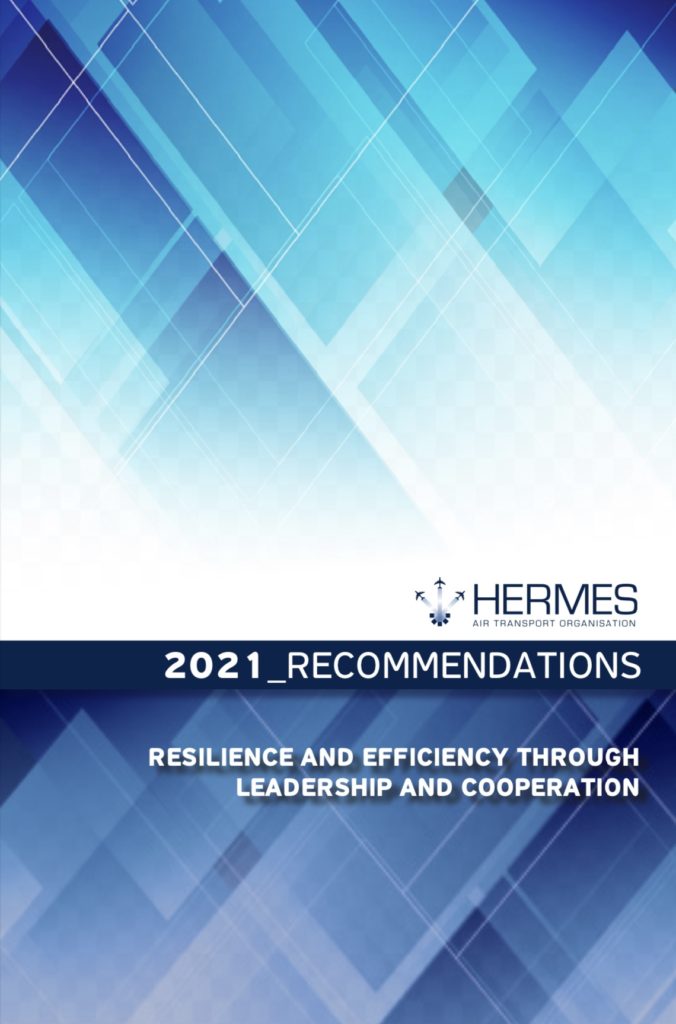Aviation’s strength has always been derived from the inter-connectedness and interdependence of all its parts, but the industry is facing its biggest crisis…Continued collaboration, cooperation and consistency across the aviation industry will be the key to rebuilding global air services capacity and keeping passengers safe, healthy, and secure, and this sector sustainable.
Although the COVID-19 pandemic has placed the aviation industry under extraordinary stress, the call for industry collaboration and cooperation is not new. Efforts to increase cooperation are likely as old as the industry itself. Why is coordination and cooperation so important? Clearly, the industry comprises many distinct organizations, representing (among others) passengers, shippers, airlines, airports, service operators, air traffic management and government and regulatory authorities. Unless there is coordination and cooperation among these stakeholders, the industry will not function. The current situation, with an unprecedented drop in aviation traffic, only underlines the need for enhanced cooperation in the industry.
In existential crises, such as the one facing aviation due to the impact of COVID-19, it is vital to bring together individuals with varied experiences to collaborate and solve complex situations. A diversity of experience is needed to see risks and opportunities from different angles to generate new, dynamic, and flexible solutions.
But cooperation also requires joint leadership as most likely there cannot be a single leader issuing guidance or directives. Instead, the leadership challenge is concerned with influencing or transforming individual opinions and ensuring that the various parties have a common set of goals. Achieving this set of goals may not be an easy task.
As a forum of industry thought leaders, Hermes has decided to take the lead in facilitating discussion on collaboration and leadership in the aviation industry. The important short-term goal of this collaboration is to help the industry find a way out of its current crisis. A longer-term goal is to determine ways to institutionalize collaborative and leadership practices. With both the short term and longer-term goals in mind, Hermes invites interesting stakeholders to issue position papers in response to the following questions:
1. What are the shared goals of the stakeholders in the aviation industry? Does the achievement of these shared goals benefit all stakeholders in the industry? How can the industry ensure that the achievement of these shared goals does not unduly advantage some stakeholders at the expense of others?
2. Who should assume a leadership role in industry decision-making? What should be the roles of these leaders? What processes should the leaders follow to achieve cooperation and consensus among industry stakeholders? How does the industry overcome some embedded interests of some key stakeholders than may undermine the common good?
3. During the COVID pandemic, the aviation industry has experienced unprecedented actions by States as they closed borders to air travel and instituted quarantines for air travelers. Although the states may have acted with the health interests of their citizens in mind, these individual actions may have contributed to a “sub-optimal” situation for the aviation industry and the global economy. Are there cooperative arrangements that could be put in place to guide individual state actions? If so, who should lead the efforts in determining these cooperative arrangements?

